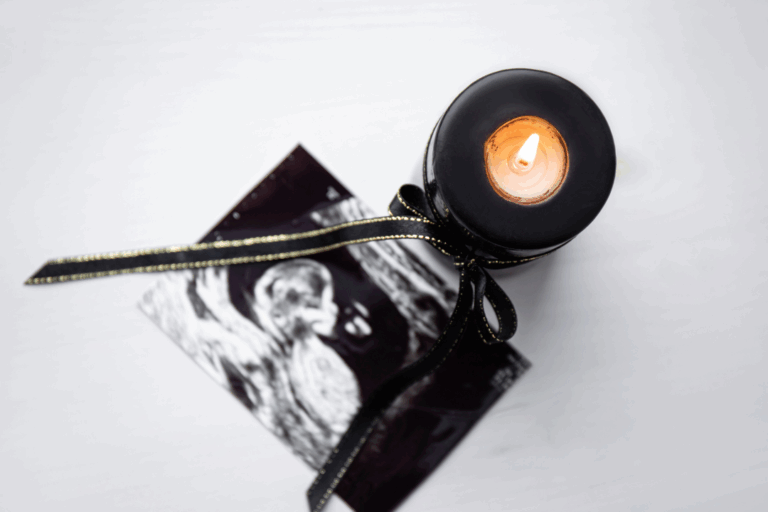Gentle sleep training is exactly what it sounds like – a gradual method of teaching your baby to settle and sleep through the night. I battled with extreme sleep deprivation when my first baby was born. James’s frequent night waking left me feeling utterly exhausted. Even as an Occupational Therapist I found myself in the same position as any new parent – desperate for a full night’s sleep.
What is gentle sleep training?
Gentle sleep training or ‘sleep coaching’, is a positive way to teach your baby the skills they need to fall asleep and self soothe themselves back to sleep when they wake. It is one of a few different methods parents use to get their baby to sleep through the night but the goal of all sleep training methods is the same: to teach your baby to self soothe and go back to sleep without needing to be rocked, fed, or patted.
Sleep training: to cry it out or not?
Over the last 25+ years in clinical practice, I’ve found that the term ‘sleep training’ is a touchy subject. Some parents are dead set against it, others decide that the benefits of sleep training outweigh the process. The reason why parents fear or have mental conflict about sleep training is because it’s often a blanket term associated with the Ferber or cry it out method (CIO).
The cry it out or ‘graduated extinction’ method was developed by paediatric sleep expert Dr. Richard Ferber. It involves letting your baby cry for predetermined amounts of time (minutes). These times get longer as the night goes on until after a few nights, your baby sleeps through the night. While it may have the desired result of a full night’s sleep, the CIO or Ferber method is really tough on parents and not ideal for babies.
Gentle sleep methods are essentially a set of tools that, when used together, offer an alternative to very stringent sleep training. These gentle sleep methods are covered in depth in my Sleep Sense Online Course and in my self-paced Sleep Sense Crash Course.
The basics of gentle sleep training
Before you start gentle sleep training, I always encourage moms to start with a series of 5 important questions:
- Is my baby well? Never sleep train your baby if they are sick. If your baby has had a tummy bug, be sure to give them a probiotic. If they are teething, give them some extra time and patience. In addition, ask your paediatrician to check for Glue ear, also known as adhesive otitis. This is a build up of fluid in your baby’s middle ear. It’s a common condition but often goes undetected and can wreak havoc on your baby’s sleep.
- Is my baby hungry? It’s important to rule out hunger as a possible reason for waking at night. As a new mom, it can be challenging to determine when your baby is satiated, even if they are gaining weight appropriately. If your baby has started solids, you want to be sure that they are getting enough protein at mealtimes.
- Does my baby have a good day sleep routine? It’s a myth that babies who skip day sleep will sleep through the night. Part of a gentle sleep method is to ensure that your baby is getting enough sleep during the day. If you’re struggling to establish or keep track of your baby’s sleep, download the Parent Sense app for day and night sleep tips and free sleep tracking.
- Am I spending enough quality time with my baby? We can become so caught up in the physical care of our babies that we forget that babies associate time with love. Set aside 20 minutes a day simply spending time engaging with your baby. Play a little game of patty cake or peek-a-boo. Go for a walk to the park and spend some uninterrupted time playing.
- Does my baby have an attachment object? It can be a doodoo blanket, taglet, stuffed toy or dummy/pacifier but an attachment object is an important tool in gentle sleep training.
A 5-step guide to gentle sleep training your baby
Follow these 5 steps to gently coach your baby to sleep without the trauma and confusion of extended crying.
- Make sure your baby has their self-soothing object with them in their cot. Give them a minute or two to find the object and use it to settle when they wake at night. You might have to get up to give your baby their object. Do this consistently instead of picking them up to rock, feed or softly bounce them.
- Sleep coaching means being with your baby while they learn this new skill. Don’t leave the room and let your baby cry it out. This is tough on your baby as they may feel deserted. Chances are they may fall asleep out of exhaustion and not because they’ve learnt a new skill.
- You are probably more exhausted than you’ve ever been. However, you can achieve better results with gentle sleep coaching when you do it with love, not exasperation. If you feel anxious or agitated, don’t sleep train your baby. Work with your partner, family member or night nurse to get a few good nights rest. This will fill up your cup before embarking on gentle sleep training methods.
- A natural tonic that’s safe to use on infants such as Rescue Remedy is good to have on hand. It can safely help your baby settle to sleep quicker on the nights you sleep train.
- Lastly, parenting is tough. The sleep hurdle is probably one of the hardest we face in the early days. The key to gentle sleep training is to be consistent, calm, and caring with your baby and yourself
How long does gentle sleep training take?
Gentle sleep training isn’t the ‘quick fix’ of the cry it out method which often spans 3 to 5 days. With consistent gentle sleep training, you can expect to sleep coach your baby for up to 2 – 3 weeks before they sleep through the night. It may be quicker but it’s important to allow at least 3 weeks to reap the rewards of some much-needed sleep.
Take time to prepare yourself and your partner to start sleep coaching once you’ve ruled out any underlying issues. Get support when and how you need it and try not to throw in the towel too soon. As desperate as you might feel now, it is worth the time and patience to embed this new skill in a healthy, positive way.
Remember that this too shall pass and there is light at the end of the tunnel!




